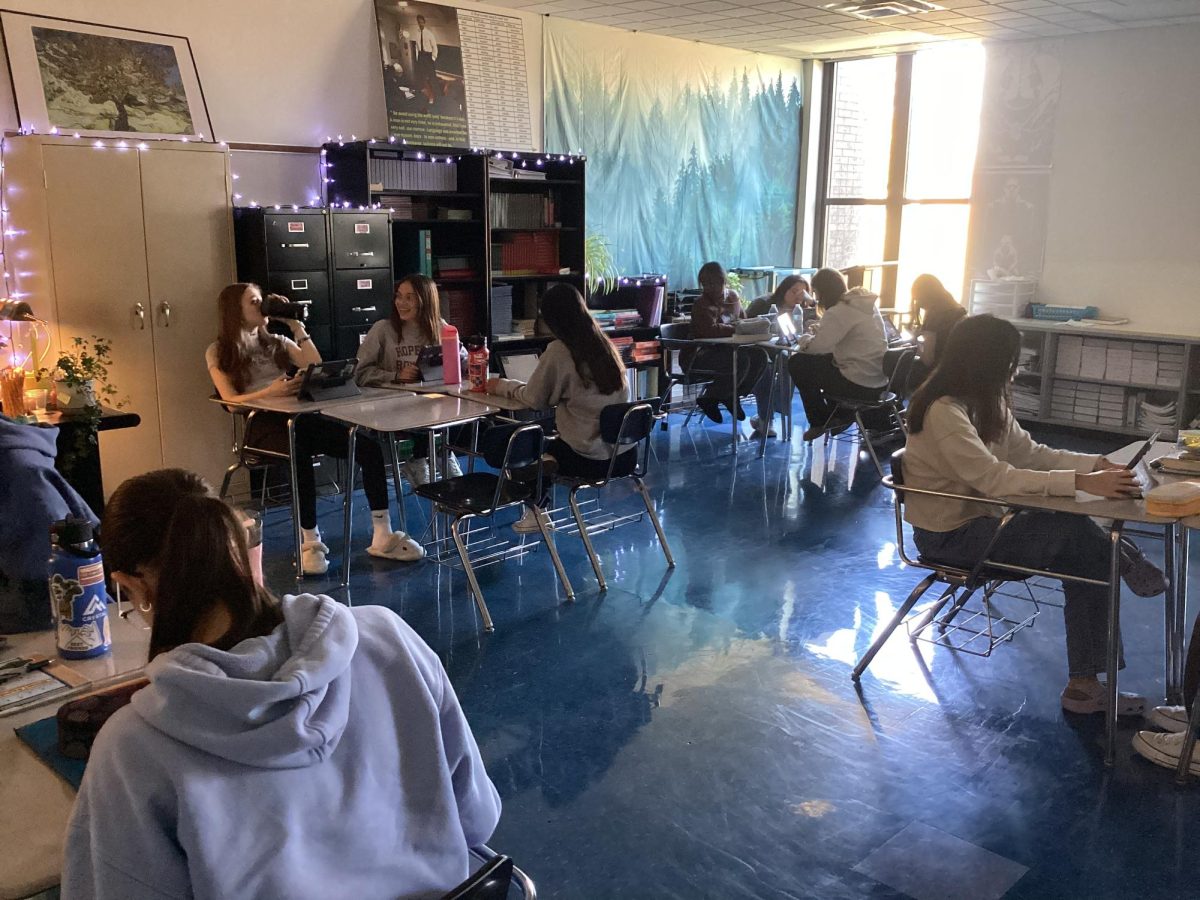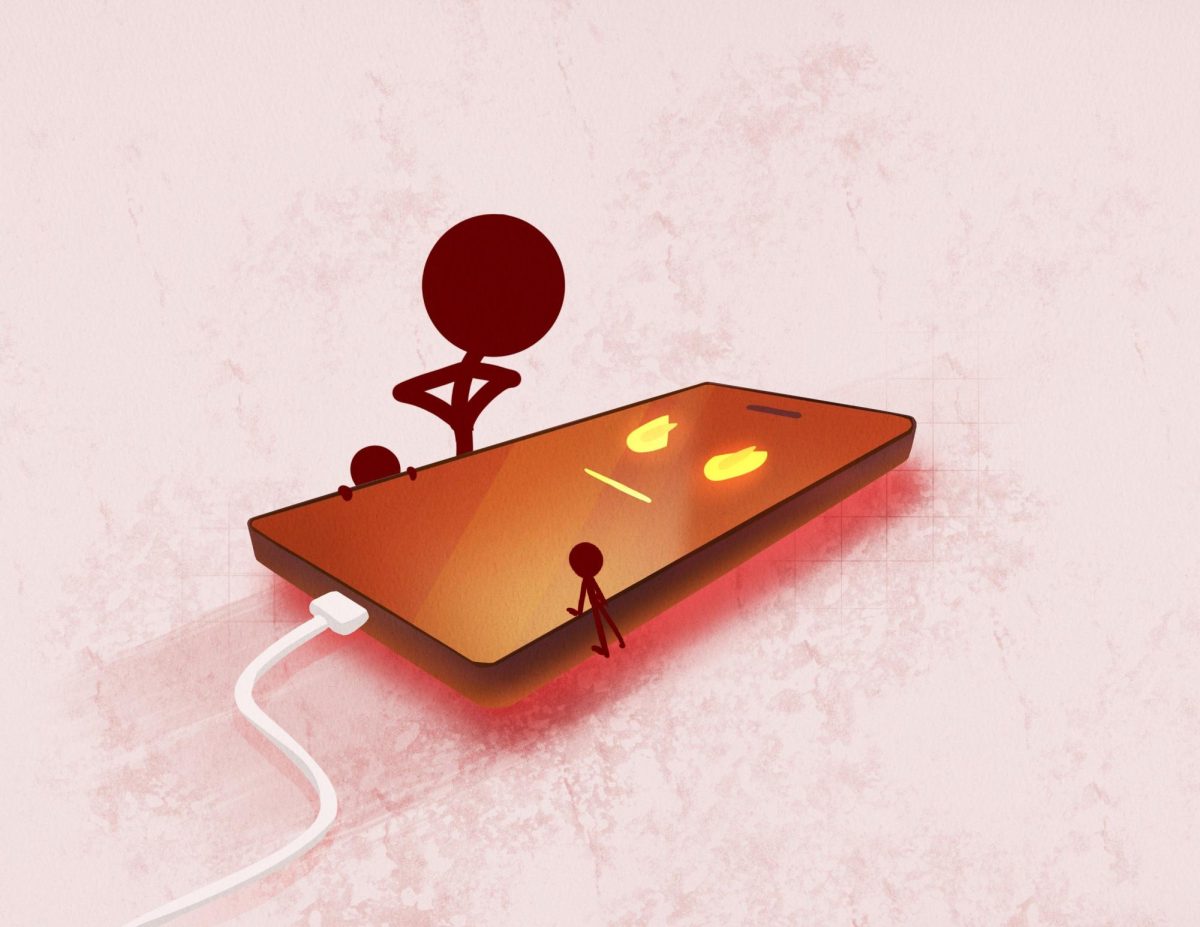A “forced” group project is an assignment where you don’t get to choose who you work with and partners are randomly assigned by the teacher. Everyone has to do lots of forced group projects throughout school where they might have to work with people they don’t necessarily like. Almost all students hate forced group projects, yet teachers still assign and enjoy them. What is the benefit that they see that students don’t see? One big argument is that you strengthen important skills that you will use later on in life.
“It’s about learning how to improve upon your capability to make relationships with people you have to work with. You aren’t always going to be with the perfect people that you want to be with,” said Mario Marcozzi, a history teacher who loves randomly assigned group work.
It is true that working with people that aren’t your friends can strengthen your capability to work with anyone. When you land your first job (or any job), you don’t get to pick your coworkers or your customers, but you are still going to have to make it work. About 80% of employees have to work in group settings. These group projects also help to push people out of their bubble and make them more comfortable working with anyone to complete tasks. Projects likewise show people how to combine people’s strengths and use them most effectively for better solutions. Multiple people working together that wouldn’t typically do so can lead to more complex ideas and lead them to learn more than they would just working with the same people. However, whether the group project is forced or not, there are still lots of benefits.
“I don’t like group projects unless I’m with my friends. But even when they let us pick our partners; what if I have no friends in that class? Then I still have anxiety about it. But I understand why they are important because I have a job and have to work with people I might not like every day,” said senior Ivy Chi.
Group projects in general teach people to be held accountable and do their fair share of work. It allows students to decide for themselves how to split their workload in a way that satisfies all members of the group. Studies have also shown that students who engage in group work show increased individual gain and achievement as compared to doing the assignments by themselves. Working in a group allows more complex problems to be solved; this opens students’ eyes up to different perspectives they might not have thought of before. Most importantly, group projects can teach everyone a thing or 2 about teamwork. However, students don’t usually see it this way, so what is their perspective?
“I don’t like those people and if I get with someone I don’t like I’ll get a real big headache. I feel it’s completely unnecessary because in the future if I don’t like someone I’ll ignore them because that’s my adult right,” said senior Evette Urban.
It is true that forced group projects can cause conflicts between partners causing the assignment to not get done as well as it could. It can also impose more stress and awkwardness on everyone in the group. Having a group of people have to agree on everything like who does what, what it will look like, and all other components can be hard too. Lots of kids also feel like people don’t do their fair share of work. Some kids just assume the ambitious, hard working ones will just do the whole project for them. Furthermore, some kids just aren’t capable of producing as high level work as others and it can confuse them or drag others down which doesn’t help them learn. But students can agree that since they are going to have to do group work, it should at least stay inside of class and not merge over into out of class as well.
Taking everything into account, it is safe to generalize that students don’t like forced group projects and teachers like them. Notwithstanding, both opinions are valid because there are definitely benefits and disadvantages to them. Either way they are still a necessary part of learning and they are inescapable so buckle up and cheers and be one with your partner!








